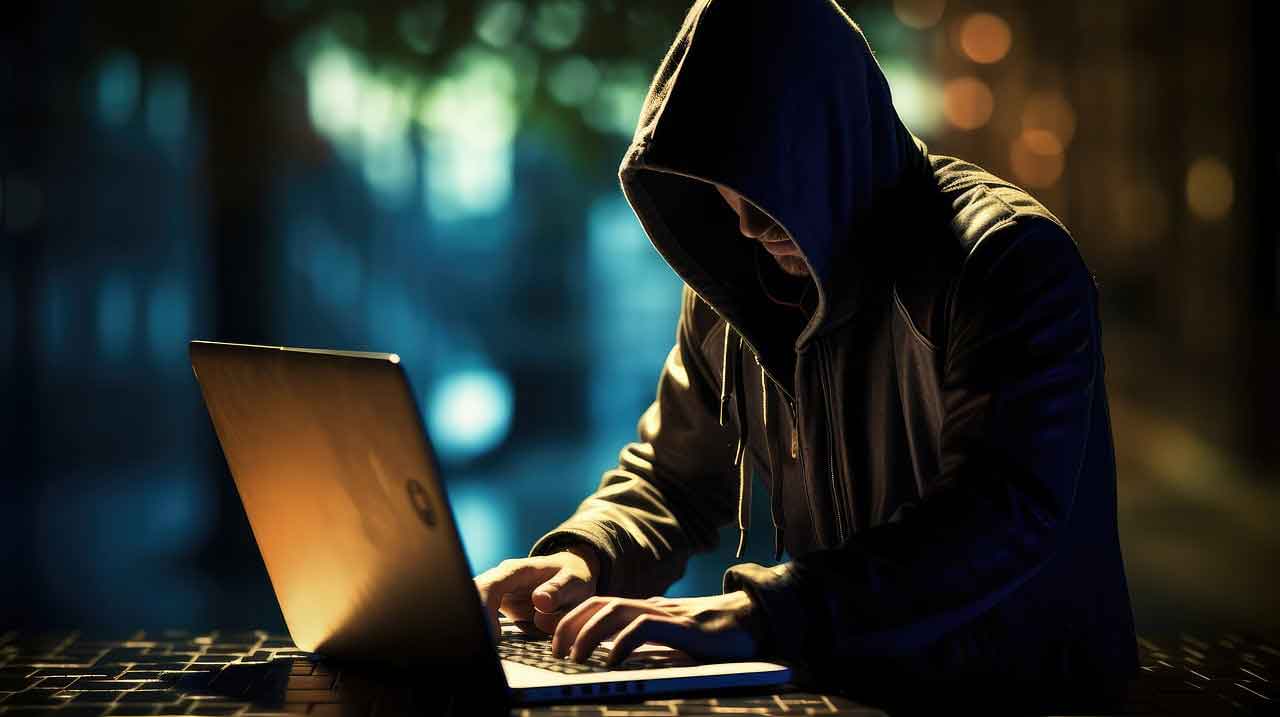Time and again in practice, I've seen clients plagued by a guilty conscience or feeling obligated towards scammers. So, this article isn't about the technical aspect but about the human component. Scammers have professionalized their operations; they rarely act alone but in organized groups, and their schemes are orchestrated like a legitimate business. Each scammer is merely a cog in the wheel, willingly participating in schemes to swindle unsuspecting consumers out of their money.
Table of contents
Victims should remind themselves of this fact, regardless of whether they have already been scammed or are currently in talks with a dubious customer service representative.
In this article, I want to address why victims end up in a vulnerable position and how to free themselves from it.
Believing the Scammer Because You Want to Believe
Certainly, a scammer is the perpetrator of fraud and, in a legal sense, solely responsible. But what about our own responsibility when we make decisions? It can't be completely denied that a scammer can only be successful if the victim adopts a certain mindset.
To outline the problem, I'll provide an example that immediately illustrates where the error lies.
Imagine you're walking through the shopping area of your hometown on foot. Along the way, a person at an information booth offers various investment products. Even if you listen to what this representative has to say, how likely is it that you would give him your money on the spot to invest?
Most people wouldn't even be persuaded to take informational material under such circumstances, let alone sign a contract on the spot. Surprisingly, this ratio is almost reversed on the Internet. While most people tend to secure themselves in direct contact with strangers, they open all doors to them through digital channels and extend their trust.
How Can You Protect Yourself?
The specifics of how to protect yourself from scammers and my recommendations can be found in this article. However, the focus here is on the attitude with which one approaches offers on the Internet. After all, it is much easier to open a website than to set up a booth in a pedestrian zone, to stick with our example.
Consumers must realize that appearances are even more deceptive online because anyone can present themselves any way they want.
Often, victims are initially approached via social media or messenger services. Here one must already set boundaries. Do I want to be approached, and what reasonable reason could there be for a complete stranger to contact me? Many victims of online investment fraud ask themselves these questions far too late, then struggle with their fate and wonder how they could have fallen for it. In retrospect, it's clear to them why it had to be a scam, but in the situation, they were unable to say no.
Learning to Say No
The most important ability that, in my opinion, victims lack is the will to express a clear no. As mentioned, scammers are organized. They even operate call centers abroad staffed with native speakers who make calls to target countries. They sell the scam with the same strategy and vehemence as a salesman trying to peddle phone contracts or the like.
In many cases, the employees of these call centers are probably even aware of what they are participating in. Two things should be etched in memory in this context:
- You owe the other person nothing. Neither a response nor a commitment.
- Saying no and ending a conversation is not rude but your right.
Ultimately, one can always take comfort in the thought that if one becomes harsh on the phone or simply blocks an unknown chat contact, it affects the right person.
Greed vs. Reason
A second factor that plays into the hands of scammers is greed. Every investor wants a decent return. Higher is always better. There's nothing wrong with that, and ultimately we all want the same thing. Yet one should not lose sight of the fact that profits can only be made within a certain framework.
Cryptocurrencies enjoy the reputation of making investors rich overnight. Therefore, it seems plausible that the profit margin must be much higher than with traditional investments. However, the profit promises of investment fraudsters usually exceed any reasonable limit. Even typical conditions in the crypto universe can only produce such returns in absolute exceptional cases.
This also requires self-reflection and the courage to face the facts. It is greed that opens the door to scammers and has led many victims to make serious mistakes. Admittedly, many victims have little to no experience with investments. This makes them even more vulnerable because one doesn't have to be an investment professional to smell a trap. Conversely, it can be very difficult for a novice to check whether they are just being too greedy and ignoring warning signs. After all, they can't assess the relations.
But this consideration is also thought-provoking. Should one invest in something one doesn't understand well? Again, a cautious attitude ultimately protects against bitter losses.
I have been scammed, what can I do and who can I contact?
Many people come to Crypto-Tracing with this question. First, it is important to stay calm and gather as much information and evidence as possible. This includes chat logs and emails with the scammers. If a phone call with the scammers has taken place, it is advisable to create a memory log of these conversations.
In the case of fraud with Bitcoin ATMs, the receipts are very important. These contain all the details of the transaction in addition to a QR code, and should therefore be kept safe. Everything that can be collected about the act can be evidence and document the course of the crime. If something is not listed here and you have the impression that it is still important, then you should also include these details in the collection of evidence.
Crypto-Tracing specializes in fraud cases and follows the trails in the blockchain. With the help of blockchain forensics, we can document where the scammers have transferred the Bitcoins. In the best case, it is even possible to locate the perpetrators, which can be a great help in prosecution. In addition, we work closely with the lawyer Dr. Maisch, who has excellent knowledge in IT law. Dr. Maisch specializes in cybercrime and investment fraud and works primarily with Crypto-Tracing to optimally support and represent his clients. With legal assistance, a report can be filed that is specifically reinforced with the documentation from Crypto-Tracing. In addition, Mr. Maisch supports and represents you if necessary and desired in all phases of the investigation and any subsequent proceedings.
Do not hesitate to contact us via our form. We will get in touch with you promptly and clarify in an initial conversation which steps are best suited for your specific case. Note that the prospects of success also depend on how quickly you act after the fraud.





